The Department of Homeland Security (DHS) sponsors National Preparedness Month each September. This year’s theme is: “Disasters…

Saying “No” to Caregiver Isolation
After a full year of declining most social invitations, I was beginning to feel isolated. Choosing a good night’s sleep over a night out was an unusual habit for someone who usually loves spending time with family and friends.
From the Outside Looking In
But even when I took the opportunity to hang out with friends, I often felt as if I was looking through a window at these relaxed and jovial people, even though I was seated beside them. Their light-hearted laughter felt foreign to me. It reminded me of the fun-loving side I seemed to have lost. I longed to be lighthearted again. But trying to engage in life, outside of my responsibilities at work, had become such a challenge, I often chose to retreat. I was also starting to get used to my friends’ blank stares in response to my chatter about caregiving dilemmas. I failed to realize I was facing caregiver isolation.
Then, at one small gathering, I heard one of my girlfriends say, “I feel so isolated taking care of my parents.”
Those honest words instantly connected us. Isolated was exactly how I had been feeling. I began ticking off names in my head of the women I knew who were in a similar situation. It hadn’t occurred to me, until then then, how many others had shared their caregiving woes with me. In fact, one had suggested we get together to share about how we were managing. Another had spoken candidly of her work, family, and caregiving-related stress. I decided I could be the link to connect us.
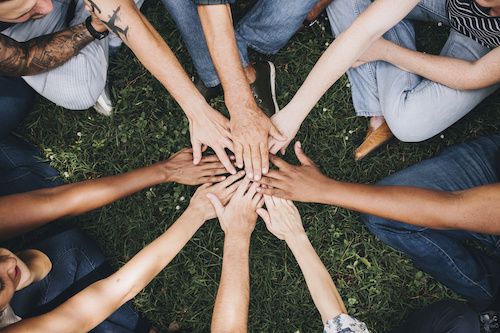 Power in Numbers
Power in Numbers
Meeting together would allow us to give and receive much-needed support. To ward off caregiver isolation, I proposed that we get together twice a month to share ideas, vent and encourage each other. Another friend led the effort to find a book we could use to help guide us through our shared journey. We chose one written by a man who had been taking care of his disabled wife for most of their marriage. Although his journey was admittedly more difficult than our own, he was not just surviving. He was thriving and living with great purpose.
Positive Group-Think
Our caregiver group began to gather twice a month, rotating hosting duties. The meetings helped us share our frustration and pain. A widow and empty nester, I looked forward to the chance to sit around a table surrounded by filled chairs. We were all women of faith who found purpose and comfort in committing to pray for each other.
We stayed in touch through shared texts, which allowed us to reach out so we would stop feeling so alone. We shared bad news and good. We encouraged each other and gave advice, but mostly, made a concerted effort to tell each other that we understand, and care. In our own way, each of us came to recognize that it is an honor to care for someone you love during the last years of their life. Reducing a frightening reality to a challenging journey has proven to be life-affirming. It also binds us together.
Purpose from Pain
Over time, and through experiences like this, I’ve grown increasingly aware that many people may be able to coach me through each phase of this new challenge. And I realize that I can also be that angel who coaches others.
I have grown as a listener, with a newfound sense of empathy for families who need support. An unexpected sense of purpose now marks the occasions when I can walk alongside someone just beginning the parent-care journey. The experience has shaped my days and reframed my life.
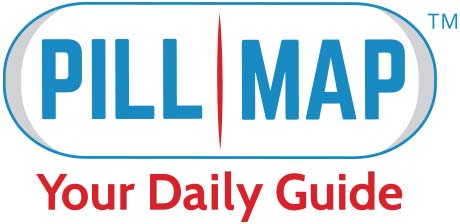
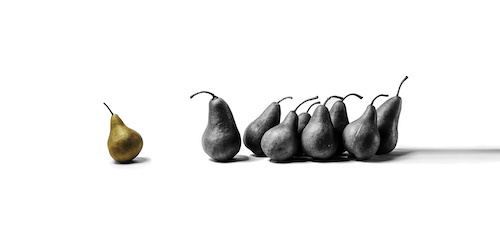 The post about caregiver isolation was written by PillMap Founder Kimber Westmore. It first appeared on SixtyAndMe.com.
The post about caregiver isolation was written by PillMap Founder Kimber Westmore. It first appeared on SixtyAndMe.com. 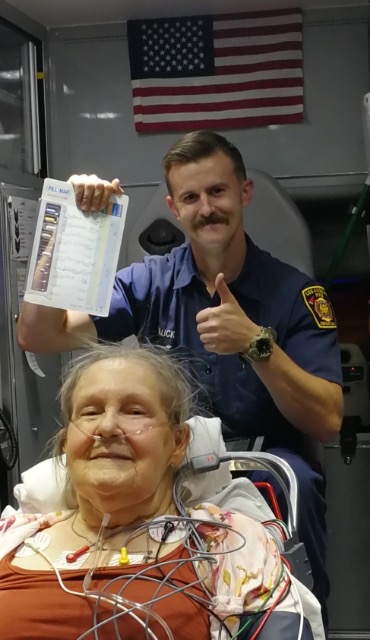

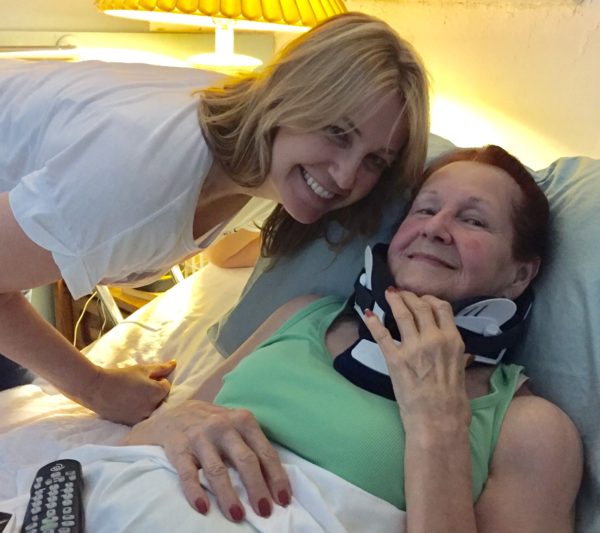
This Post Has 0 Comments